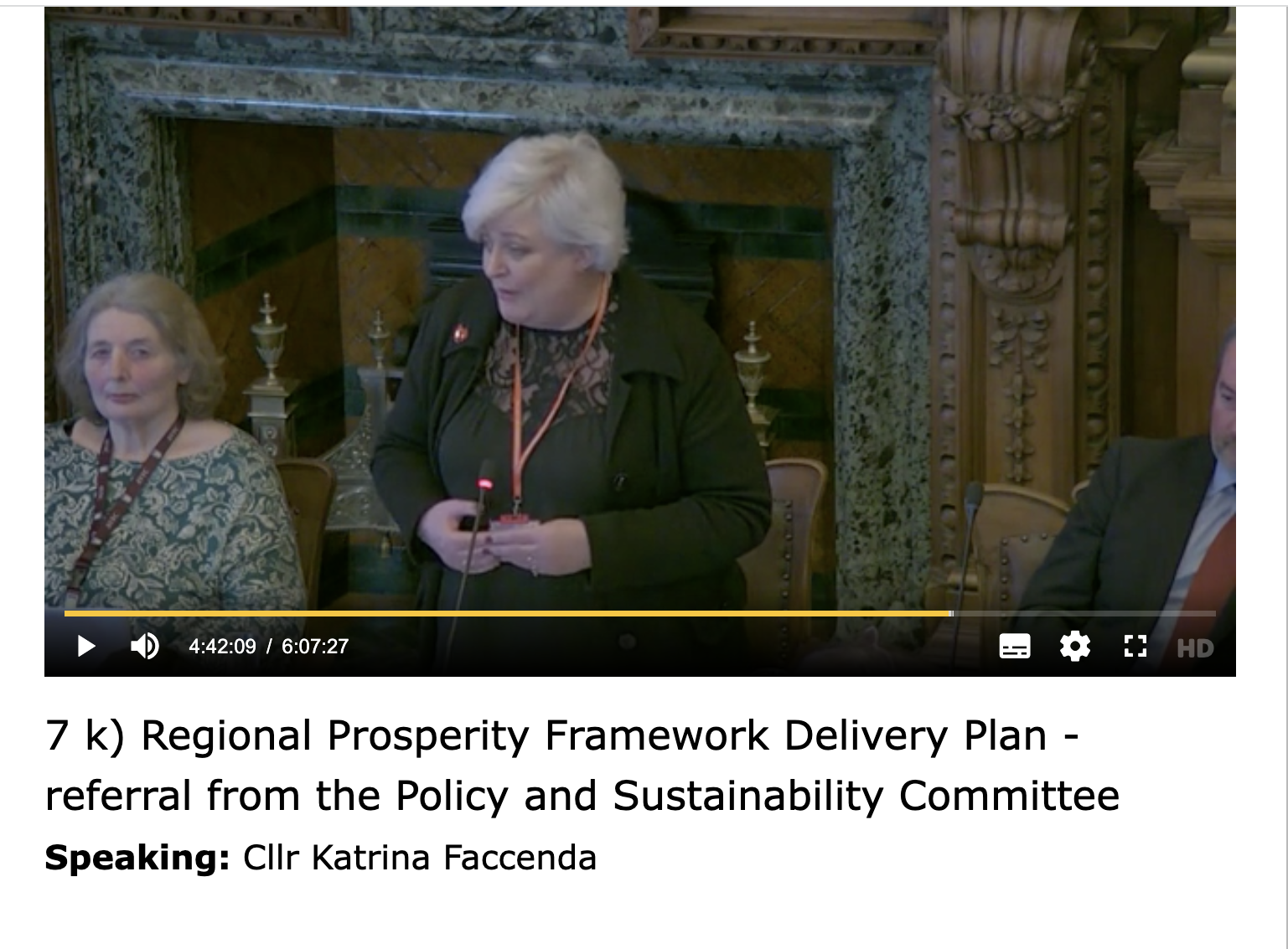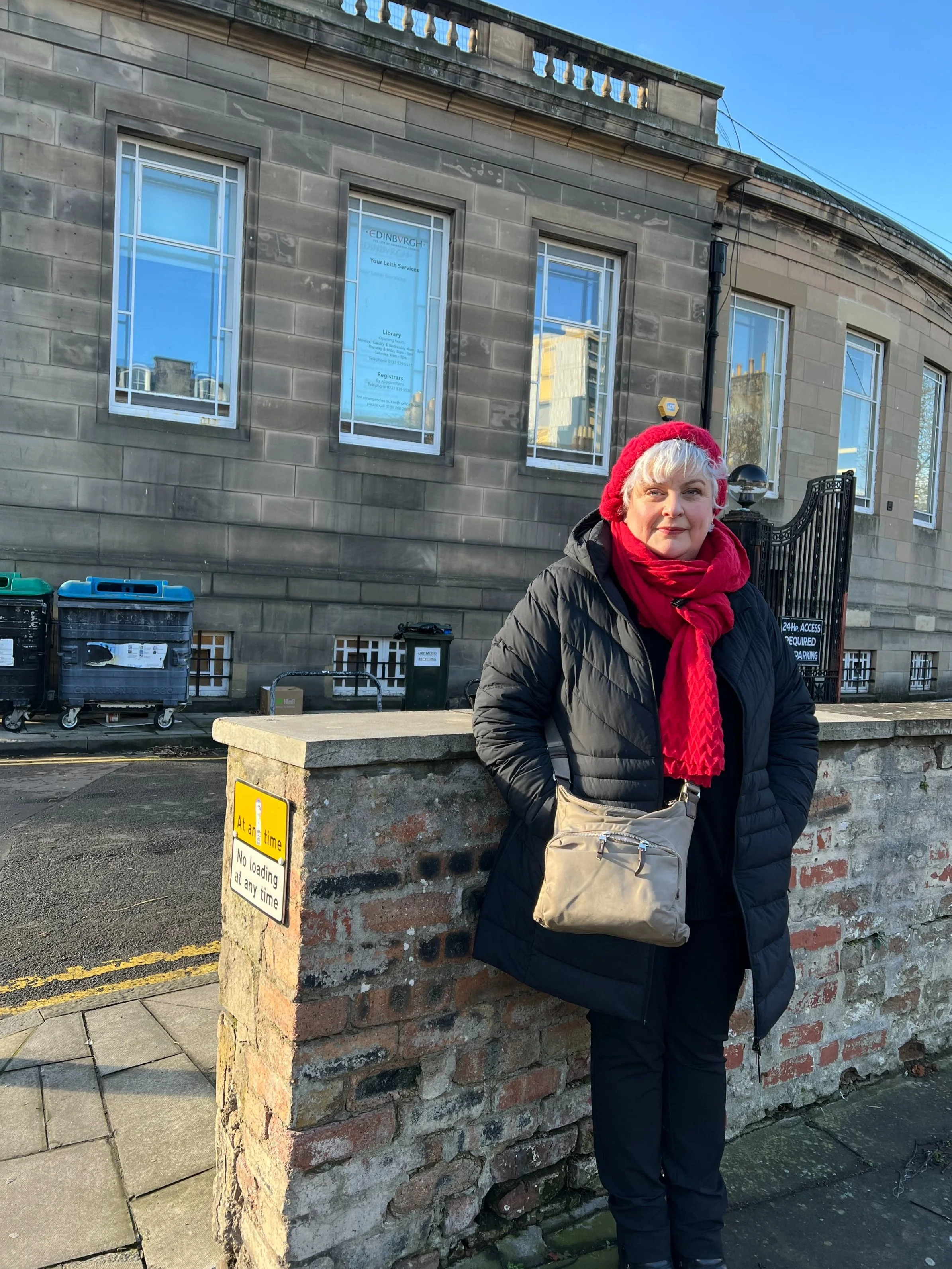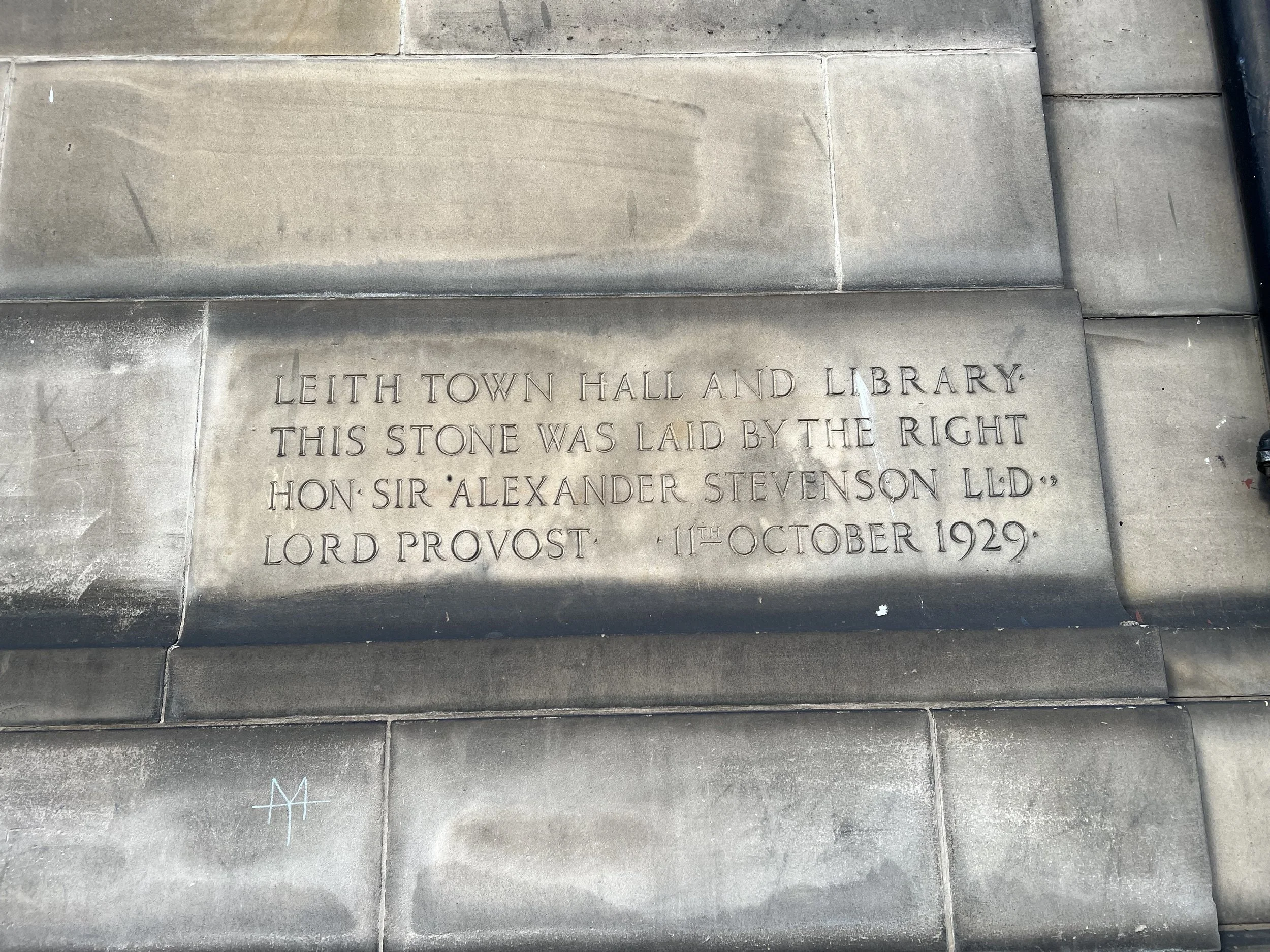Why I think Freeports should be “handled with care”
12/02/2023
Looking at the reactions of some politicians to the announcement regarding the Forth Freeport bid you would think that we are talking about a social enterprise. Not a bid backed by a consortium of multi-national businesses, including INEOS, Forth Ports, Babcock, Edinburgh Airport, and the Scarborough Muir Group, who surely cannot believe their good luck that they will be receiving public money to pay less tax, tariffs and be able to operate with less regulation than other businesses.
I read the document they produced as part of their bid to the UK and Scottish Government, where they were competing with bids from other areas in Scotland, and find the acceptance of their business case as fact quite alarming. There is mention of high-quality jobs but what these jobs will look like and what high-quality actually means remains a mystery. If it refers to wages, according to the available information on how Freeports will function for employers, keeping wages low will be incentivised to avoid paying National Insurance contributions. If it is about working terms and conditions and health and safety, fair work is mentioned with no explanation of how that will be applied. Every mention of the number of new jobs to be created and “unlocking investment” comes from their pitch and their research. As elected representatives, we need to differentiate between a business pitch and a genuine strategy to build our economy and create jobs and this is the reason why I voted against supporting the bid at Council. I want better jobs and a stronger economy for the people of Leith and I see nothing in this bid that guarantees that.
Fundamentally Freeports are based on the concept that workers’ rights and health and safety and paying taxes and tariffs are an obstacle to doing good business and building a robust industrial infrastructure, acceptance of that is an abandonment of any commitment to good government and building an economy which allows us to deliver high-quality public services.
It endorses that multinational companies, to make maximum profits can exist in an area where they benefit from our workforce without paying NI and benefit from much of our public infrastructure without paying tax. Local democracy and community voices are side-lined. At a time when our NHS is on its knees and the City of Edinburgh Council is looking at a devastating £80m cut to its public services the idea of facilitating big companies to pay less tax is absurd.
It is disappointing that the Scottish Government has attempted to greenwash this Tory project. The Freeport in Teesside has already shown that once you open this “Pandora’s box” it isn’t long before local authorities lose control and environmental disasters become difficult to investigate. The actions of the Scottish Government in facilitating private profits instead of serious investment in Scottish industry is not surprising given the enthusiasm with which they sold off the rights to our offshore wind to foreign companies.
It is not the time for politicians to repeat the words of the multi-national and offshored interests who understand the huge financial benefits they will gain for their shareholders through freeports giving largely un-evidenced promises to areas desperate for investment and a serious strategy. There are no guarantees to avoid the displacement of current jobs into these areas or even how we will be able to enforce planning regulations. Trade unions are demanding representation on the boards of Freeports which should be an absolute minimum for their operation and I hope to see the Scottish Government coming forward with guarantees of how their Fair Work Framework will be rigorously implemented within the Freeport areas.
I spoke at the Full Council Meeting on 09/02/23 on the need for the elected members to be at the centre of scrutinising the operation of the Forth Freeport.
You can watch the Webcast here
Why public libraries matter
Successive rounds of council cuts are once again reminding us of just how important public libraries are to the lives of many. The crucial role libraries and the librarians who staff them play in helping address digital exclusion, improve health and wellbeing, tackling social isolation should never be underestimated. Public libraries are not an “optional extra” and should never be an afterthought when allocating public funds. The number of librarians in Scotland has fallen by almost a third in the last seven years and funding has suffered a similar fate. A well-resourced public library will always be one of the best things we can provide for our communities.
Municipal Public Libraries are a relatively recent thing and started to appear in Britain in the mid-19th century following the Public Libraries Act (1850) and the Public Libraries (Scotland) Act of 1853. There was no lack of opposition from MPs who claimed to be concerned about cost implications but were really more troubled about the social transformation it might affect and they were worried that an educated working class would challenge their control. Remember that only 31 years had passed since the guns had been turned on working people demonstrating for the right to vote at St Peter’s Field in Manchester and the fight for universal suffrage was far from complete.
Leith Library
But the Act was just a first tentative step because it relied on a referendum of ratepayers to agree on a tax increase to pay for the library and there was a proviso that money could not be used for books. It was not until 1964 that the duty was passed to local authorities and let us not forget that under the Local government (Scotland) Act of 1973 it is a statutory duty of local authorities to provide a “comprehensive, efficient library service”. The early growth of libraries was heavily dependent on the donations of philanthropists such as Andrew Carnegie, Edinburgh had been slow to adopt the Library Act, and eventually, he was able to lay the foundation stone of the City Library on George IV Bridge in 1887. With my tour guide’s hat on for a moment, I would be remiss not to mention that the wigmaker and poet Allan Ramsay had opened what is often regarded as the world’s first lending library in Edinburgh in 1726, it was known as a circulating library, and you paid a fee to become a member.
In recent debates around the funding of our public libraries where, in an act of cultural vandalism library budgets have been slashed and jobs lost, the ones who want to justify this have often pointed to the decline in the number of library users. Falling library use is not a surprise given the lack of investment in new books, digital access, and the cuts in opening hours. In May 2021, a month after libraries could reopen in Scotland a quarter remained closed. Here in Edinburgh five libraries remain closed due to being occupied by Covid testing centres. Users are rightly concerned about the long-term commitment to public library provision when there are clearly alternative locations for those testing centres.
It is no exaggeration to say that public libraries can transform the lives of the margianalised and the disenfranchised. Internet access is one of the additional services libraries provide, an essential service in a digitalised world. In 2019 statistics showed the internet access is far from universal. Only 82% of households in the 20% most deprived areas of Scotland had reliable access compared to 96% in the 20% least deprived areas. In households with a net annual income of £10000 or less, only 65% had access.
That brings me to the future of Leith Library, opened in 1931, a gift from the people of Edinburgh following the incorporation of the burgh of Leith into Edinburgh. The council has announced that limited services will be moved to the community centre at the Fort until the rental agreement terminates with the testing centre. I am far from alone in my concerns that in an era of our most attractive municipal buildings being hived off for more lucrative private uses that library services may not be returned to Ferry Road. So, on Saturday 19th February we will be holding a “read in” beside Leith Library. We are inviting people to come along and read a short passage from their favourite book about Leith (or Edinburgh if you really insist). We want to demonstrate how much we love and need our public libraries and make a clear demand - Reopen Leith Library urgently! If I am elected to the council in May, I will take the argument into the City Chambers about adequate funding for our libraries as part of a campaign for more council jobs and better public services.
On 19th February we organised a Read In at Leith Library
We had great support from local library lovers, Labour Councillor for Leith Gordon Munro, other Labour candidates for the council elections and Labour Party members from across Edinburgh. From the readings and reflections, there is no doubt about the passion that so many have for libraries and our wider public services. The event was covered by the Evening News, Edinburgh Reporter and Scotland on Sunday.
Thanks to Oliver Goulden for the photos.

Katrina speaking at the Leith Library Read In

Great support for our Read In

Cllr Gordon Munro at the Read In





